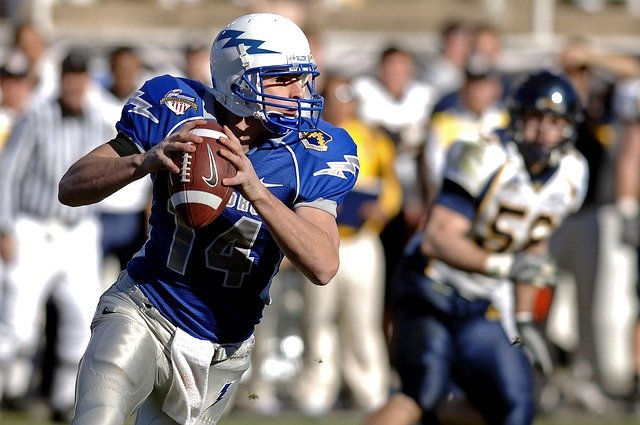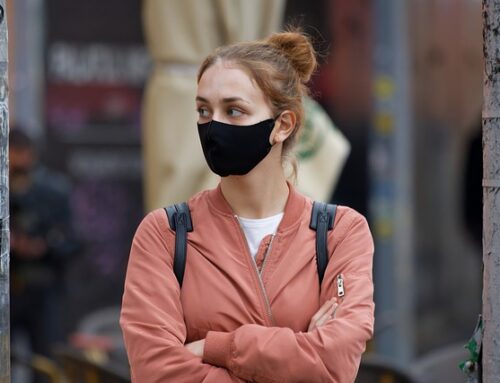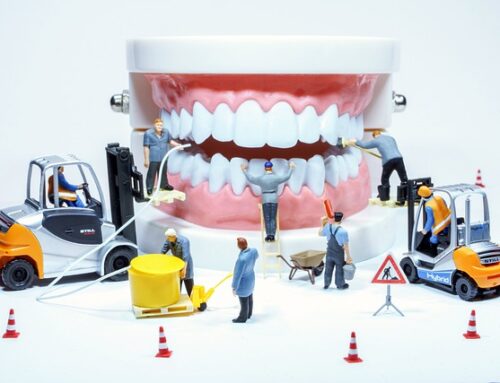We’re currently grappling with whether sporting events should go on as normally planned, if there should be restrictions or if they should be cancelled completely. The COVID-19 pandemic has been difficult to navigate, but as it continues into the fall and winter months, what does that mean for sports? While each state is different, it is important to keep in mind the importance of wearing a mouth guard while participating in sporting events.
This is especially true for contact sports, which often require the use of protective headgear and pads. However, the most important area to protect is your mouth, which is often left exposed to the dangers of the sport. Many organized sports teams do not always require you to protect your teeth with a mouth guard, but doing so can save you from dealing with some very serious dental trauma.
Which sports require a mouth guard?
The American Dental Association recommends that the following sports wear a protective mouth guard:
- Hockey.
- Baseball.
- Softball.
- Basketball.
- Football.
- Field Hockey.
- Skateboarding.
- Lacrosse.
Even with a requirement for a mouth guard, many teens will often refuse to wear one because of speech or breathing difficulties. And while protective mouth gear might not be the most popular choice, it is an important one to make.
To help you better understand the importance of wearing a mouth guard, here are three reasons.
Avoid tooth displacement, cracks and fractures
This is an obvious reason, but wearing a mouth guard can help to prevent teeth cracking or breaking. When this occurs, it can be very painful.
This is the same for displacing a tooth, which happens when the tooth loosens from the force of the blow and wiggles after injury. Over time, the displaced tooth can continue to loosen and eventually fall out. When this occurs, it requires immediate attention.
Prevent permanent facial scarring
If you receive a direct hit to the mouth, it may not knock out or break a tooth, but it could cause you to bite directly into the soft tissue of the mouth. As a result, you might displace your tooth and require stitches that can leave you with a scar. Tongue and cheek injuries from teeth are common oral injuries, especially for children with braces.
A mouth guard can help to not only protect your teeth but your teeth with braces too. The use of a mouth guard helps to protect the soft tissue in your mouth from sharp tooth surfaces that can cause lasting damage.
Stop jaw bone fractures from occurring
That’s right; the use of a mouth guard can help to prevent jaw bone fractures. The flexibility of a mouth guard helps to displace the force. If you didn’t wear a mouth guard, the force would become too much for your jaw to handle.
A direct blow to the head can cause your teeth to be forced together, which places too much pressure on the jaw bones, resulting in breaks or fractures that might require surgery. A mouth guard protects you from that.
Contact your dentist today to learn more about mouth guards and why you might need to use one at your next game.







